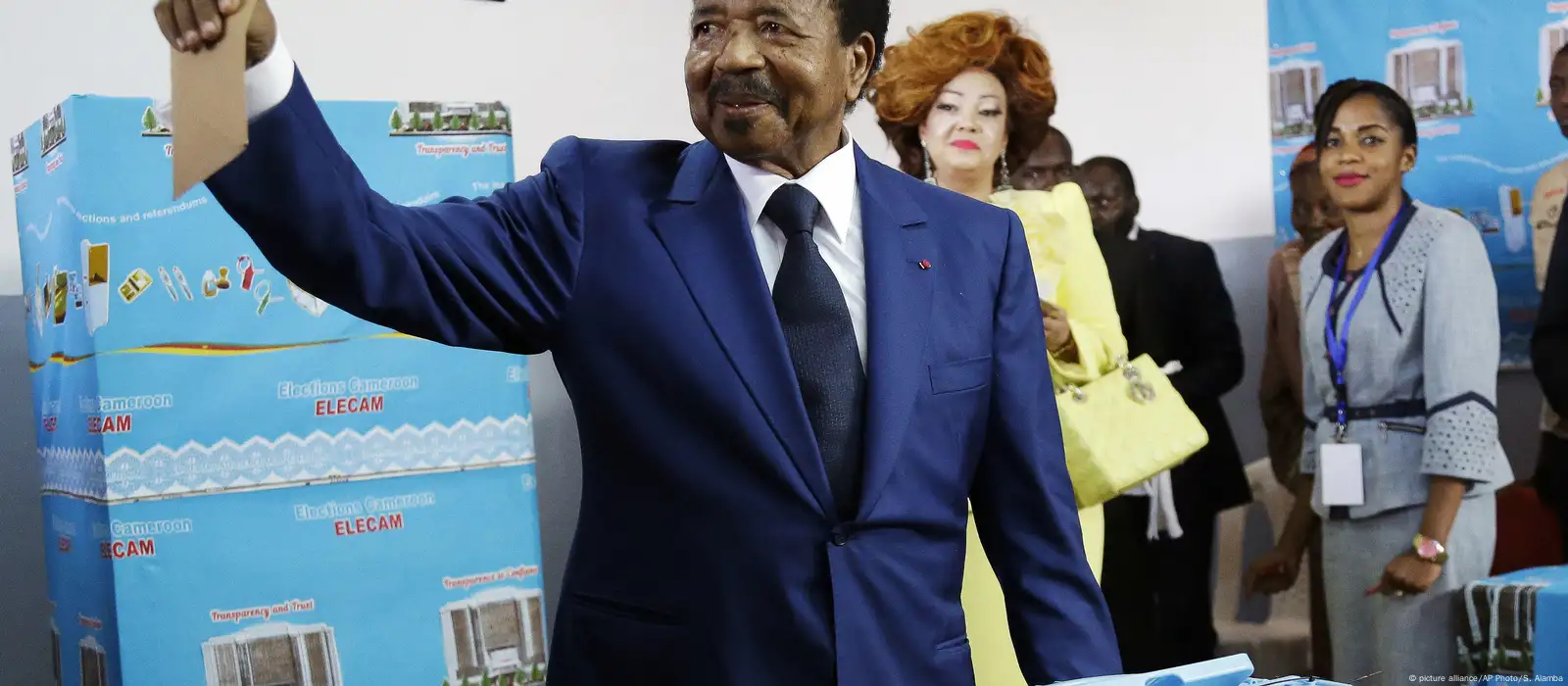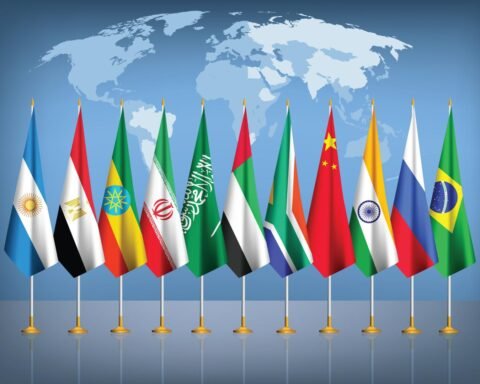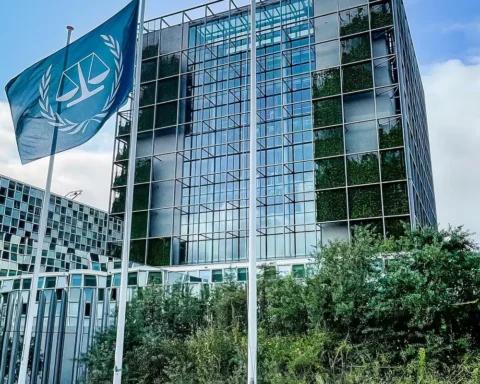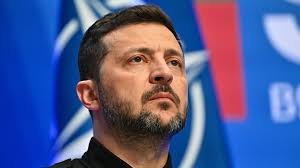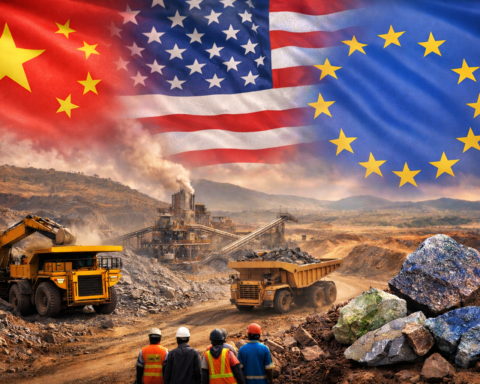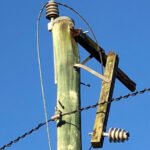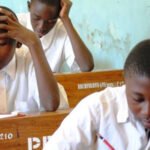The atmosphere across the nation is charged with both hope and skepticism. President Paul Biya, who has ruled the Central African nation since 1982, has chosen to remain largely absent from the campaign trail — a move that has become the defining feature of this year’s race.
Now 92 years old, Biya is seeking yet another term, extending what is already one of the longest presidencies in modern political history. While his 11 challengers travel across the country holding rallies and engaging with citizens, Biya has opted for a quieter, more controlled campaign. Instead of traditional public appearances, his team has turned to social media and televised messages to communicate with voters, particularly the youth.
His supporters, however, remain undeterred by his absence. Large crowds continue to attend pro-Biya gatherings, waving flags and displaying his portraits in cities such as Yaoundé and Douala. Many describe him as a guarantor of peace and stability — a leader who has guided Cameroon through turbulent decades and regional crises.
But critics argue that his silence and minimal visibility expose deeper issues of disconnection between the government and its citizens. Opposition parties claim that Biya’s approach demonstrates a lack of transparency and accountability, especially at a time when parts of the country are still grappling with conflict. The Anglophone crisis, which has raged for years in Cameroon’s English-speaking regions, remains a major challenge to national unity.
Also Read; Barrick Mining Reaches 13-Year High After Nevada Gold Find
Some observers fear that the election may not bring meaningful change, citing the disqualification of several opposition candidates by the national electoral body. Such developments have fueled concerns about whether the vote will be free and fair. According to reports from Reuters, Biya’s ruling party maintains strong control over state institutions, giving it a decisive advantage.
Adding intrigue to the race, Biya’s daughter recently stirred controversy after releasing a video urging people not to vote for her father — a message she later softened following public backlash. The moment symbolized growing generational tensions in a country where many young people say they feel excluded from political and economic opportunities.
Despite his absence from the trail, Biya’s campaign surrogates continue to assure supporters that his experience outweighs his age. They frame his leadership as a stabilizing force in a region often marked by political unrest. Yet analysts question how long that narrative will endure in a society increasingly connected, vocal, and youthful.

